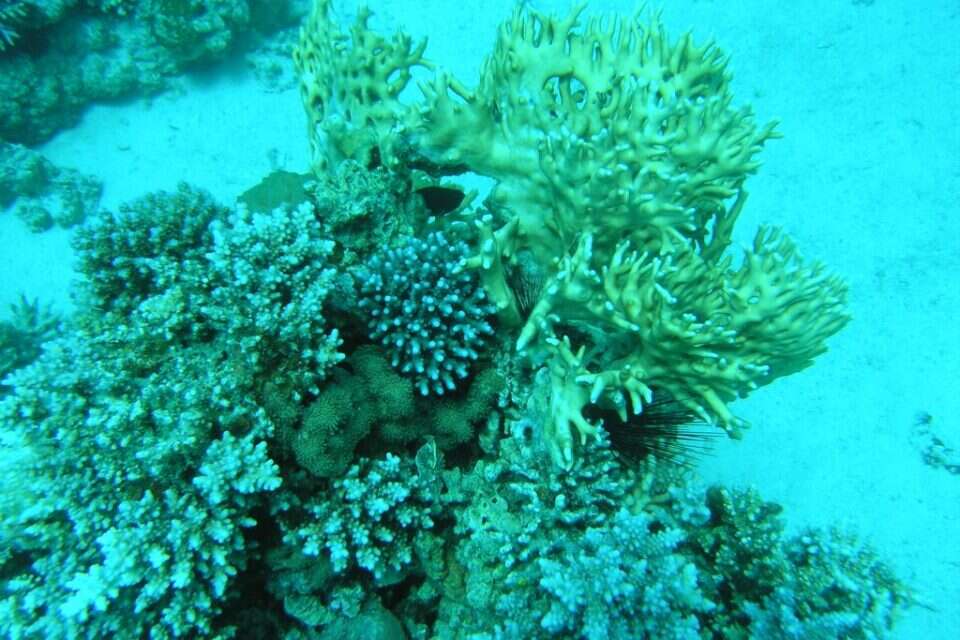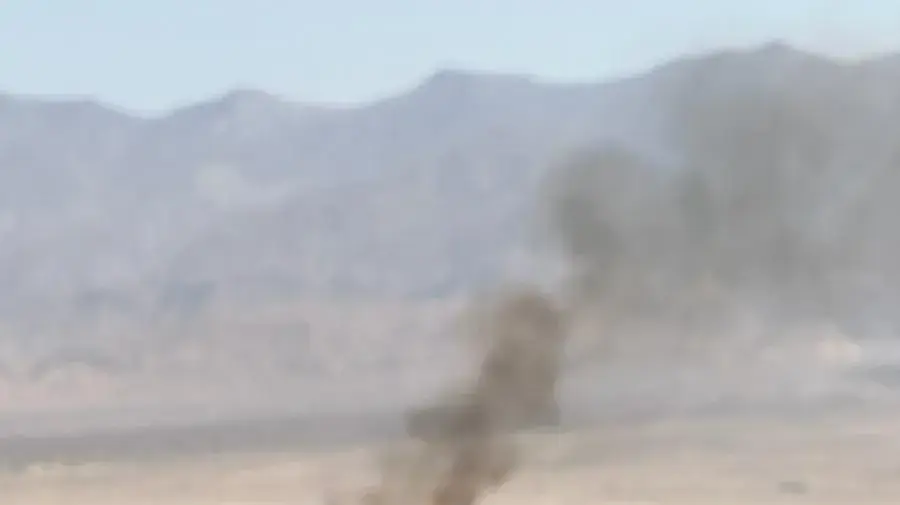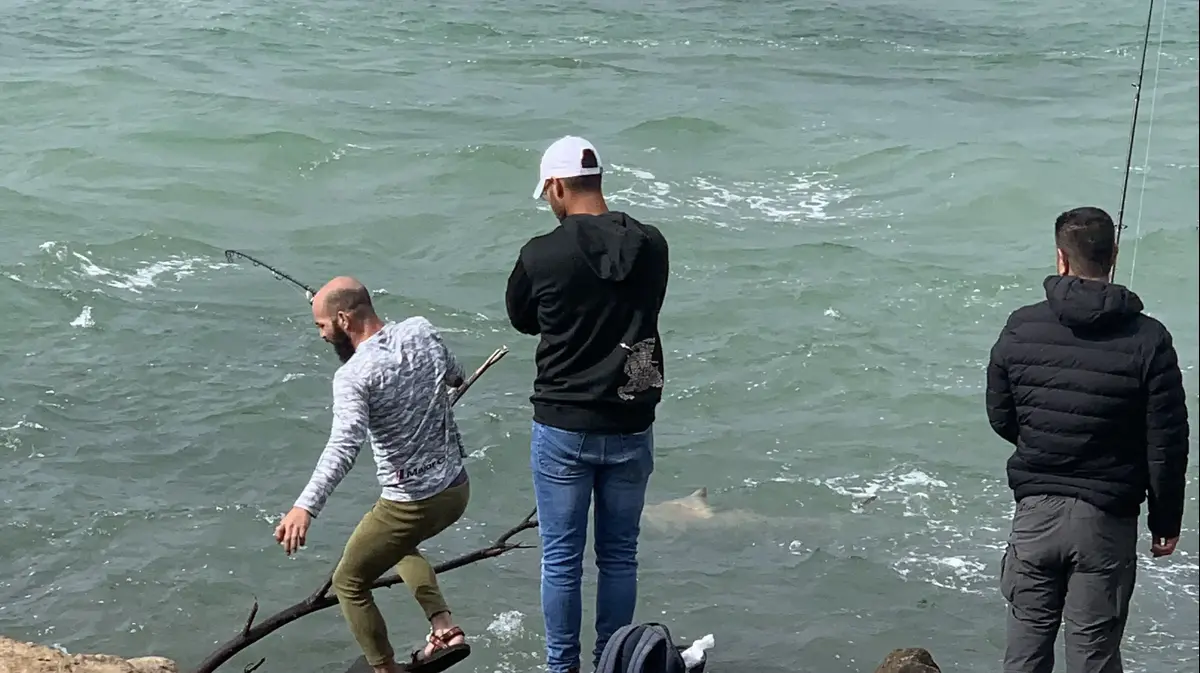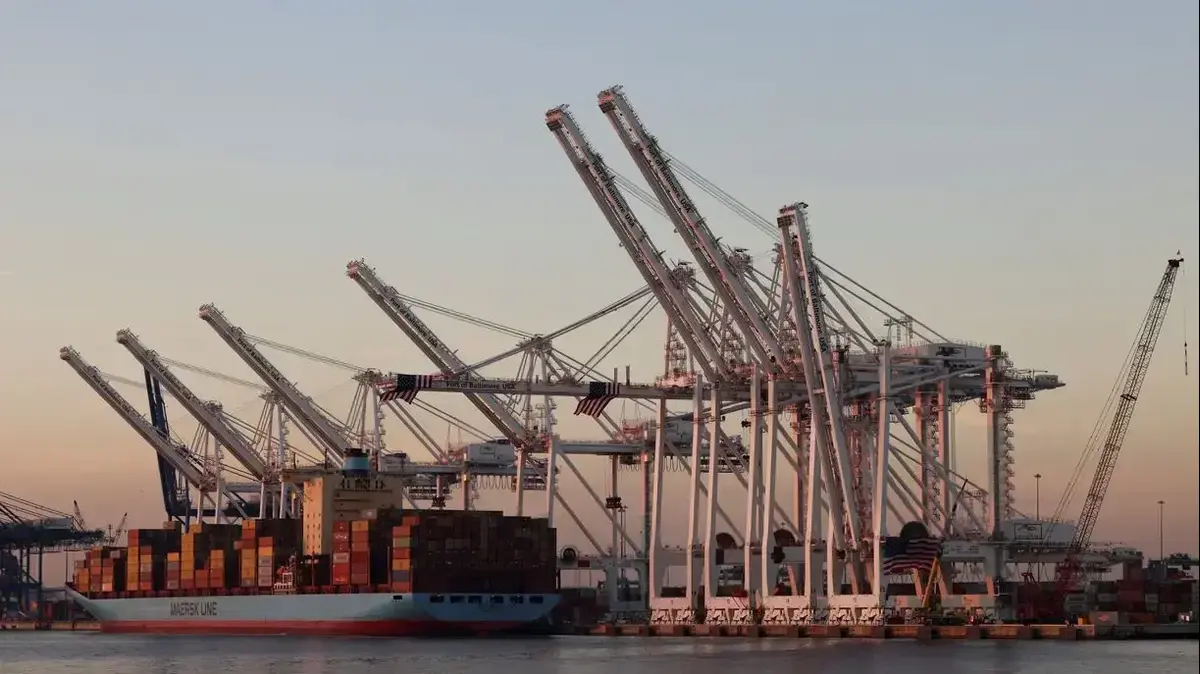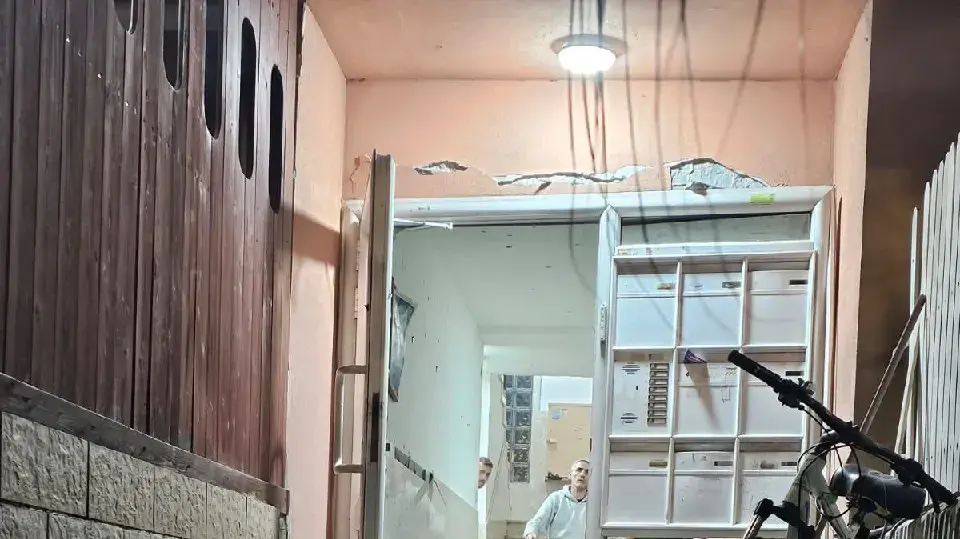The findings of the national monitoring for 2021, conducted by the Ministry of Environmental Protection through the Inter-University Institute of Marine Sciences in Eilat, show a worrying picture indicating the deterioration of the ecosystem in the Gulf of Eilat.
In March 2020, the city of Eilat faced an unusually strong storm, which led to the breaking of some of the corals and sand covers, as well as the sweeping away of beach waste and parts of infrastructure.
The storm caused a loss of between 6% and 22% of the coral cover on the reef.
In the summary of the year after the storm, 2021, it appears that not only did the reef not recover, but an additional 5% decrease in coral cover was found.
From the monitoring findings, it appears that the destructive results of the storm are still visible in the Gulf to this day - while in the background there is a fear of further damage to the natural values as a result of the construction activities on the beaches, works that make it even more difficult to restore the coral reef.
The water temperature continues to rise
Another worrisome trend observed in the report is the continued increase in the deep water temperature that was recorded in the previous surveys. At the same time, the sea surface temperature has also been increasing since 1988, at an average rate of about 0.045 degrees Celsius per year. This rate is 2.5 times higher than the global average calculated by the IPCC.
The sea surface temperature has been increasing since 1988, photo: Dror Tsurel, Ministry of Environmental Protection
A decrease of about 50 percent in the number of sea urchins
Another serious damage was also found in the biological diversity in the Gulf of Eilat.
Thus, a decrease of approximately 50% was observed in the number of sea urchins in relation to 2019 and in an order of magnitude relative to their number in 2004, when monitoring began.
The sea urchins play an important role in cleaning the reef from algae that compete with the corals for settlement sites on the reef.
"This is a sensitive and important system", photo: Dror Tsurel, Ministry of Environmental Protection
In addition, about 1% of the population of the sloths in the area of the mouth of the Kinet Canal was observed with deformation of the calcareous skeleton, which did not occur before.
Another finding of the report is that it is no longer possible to observe sea grass at a depth of about 10 meters. The disappearance of sea grass at this depth is a fatal injury to the habitat for young and invertebrate fish.
Prof. Nega Kronfeld Shor, the chief scientist of the Ministry of Environmental Protection and the chairman of the executive committee of the monitoring program, states that "the monitoring findings show that although the Red Sea is a large body of water shared by a large number of countries, the main impact on the system in Israel's maritime territory comes from from activity that originates in Israel, and in addition to these, the report also shows the changes the maritime system is going through due to the climate crisis. This is a sensitive and important system, and we must do everything in our power to prevent further damage to it."
were we wrong
We will fix it!
If you found an error in the article, we would appreciate it if you shared it with us

